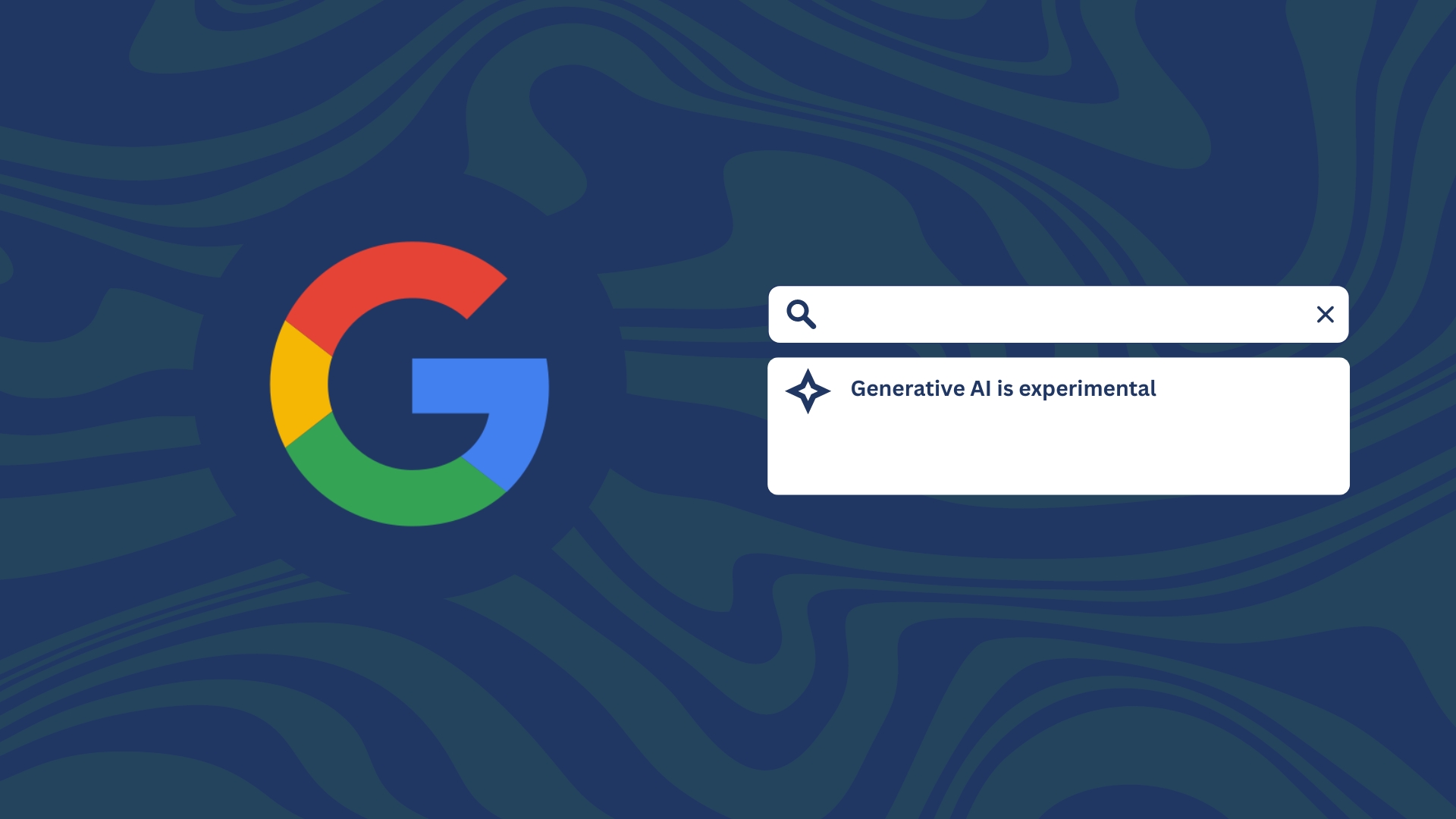
What is SEO?
June 14, 2024 Posted by Matthew Widdop Round-Up 0 thoughts on “What is SEO?”SEO, or Search Engine Optimisation, is the process of optimizing a website to improve its visibility on search engines like Google. Enhanced visibility online leads to more visitors to your website, which in turn can expand your customer base or audience for the product or service you offer.
In this blog post, we will discuss:
- How does SEO work?
- Why is SEO important?
- Different types of SEO
How does SEO work?
Crawling and Indexing
Google, the leading search engine globally, accounts for over 92% of global search traffic. To determine relevant content for user search queries, Google uses crawlers to find pages on the web by following links. Once Google has crawled the pages on your website, it adds them to a sitemap. This sitemap stores all information about the pages, videos, and other files on your site and their relationships.
After Google indexes all the pages on your site, it can then rank your content on the Search Engine Results Page (SERP) based on several ranking factors.
Research
Research is a fundamental part of any successful SEO strategy. Different types of SEO research include:
- Keyword research: Identifying keywords that people search for related to your product or service and using these keywords in your content to appear high on the SERP.
- Competitor analysis: Analysing the content strategy of competitors in your industry who rank for the same keywords and replicating some of their successful ideas.
- Content research: Investigating different types of content and how to implement them on your website to improve SEO performance. This could include written, photo, or video content.
- Website audit: Checking your website for any issues or errors to ensure everything runs smoothly, improving user experience and SEO.
Action
Once you have completed your research, it’s time to start implementing your findings to improve your SEO performance. Create a content plan detailing the type of content you will produce and the keywords you will target.
Maintenance
SEO is an ever-changing and competitive landscape. What works to rank on Google today might not work tomorrow. Therefore, it is essential to keep up to date with industry changes, update your content, and ensure your website runs smoothly to maintain your SEO success.
Why is SEO important?
Organic Search
Organic search results appear on search engines based on the quality of the content, deemed valuable and relevant to search queries. Unlike PPC (Pay-per-click) or paid advertising, where businesses pay to appear higher in search rankings, SEO helps you organically appear higher on the SERP without paying for advertisements, making it more cost-effective in the long run.
Audience Intent
SEO allows you to target specific keywords, influencing the type of customers visiting your site and improving the quality of your website traffic. For example, if you are a car dealership looking for customers interested in purchasing a car, targeting the keyword “Ford Fiesta 2009 in Manchester” will drive more quality traffic than the broader term “Cars in Manchester.”
The first search result shows a customer who has already done some research and is more likely to make a purchase than someone just browsing. Therefore, targeting specific keyword phrases can increase the chances of conversions on your site.
Different SEO tactics
SEO strategies can be divided into three main categories:
- Content Optimisation
- Technical SEO
- Backlink Generation
Content Optimisation
Content Optimisation involves making changes to your website to provide a better user experience and improve SERP results. Some examples include:
- Improving User Interface: Ensuring easy navigation with an understandable interface.
- Topical Information: Providing relevant information about your product or service.
- Relevant Keywords: Using relevant keywords naturally in your content to rank higher on SERPs. Avoid keyword stuffing.
- Written Content: Using titles, headers, paragraphs, and bullet points for easy-to-digest content.
- Photo Content: Using relevant photos to inform your audience about your service or product.
- Video Content: Using videos to further inform your audience.
- Internal Links: Linking relevant pages within your website.
- Outbound Links: Linking to external websites that provide additional information on the topic.
Technical SEO
Technical SEO involves backend improvements to your website that enhance its performance and user experience, the list of areas that can be optimised is endless but common areas include:
- Site Speed: Analysing and maintaining loading speed on both desktop and mobile.
- Website Structure: Organising content in a way that’s easy for Google to crawl and understand.
- XML Sitemap: Submitting a sitemap to Google to indicate which pages to crawl and index.
- Mobile-Friendly: Optimising your site for mobile, as most searches are conducted on mobile devices.
Backlink Generation
Backlinks occur when other websites link back to your site, referencing your content. High-quality backlinks from reputable sources with strong domain authority can improve your own domain authority, making you a more trustworthy source and improving your SERP ranking. Methods to acquire backlinks include:
- Creating Linkable Content: Producing high-quality content that others in your industry will link to.
- Help a Reporter Out (HARO): Offering expertise to journalists for backlinks.
- Competitor Link Analysis: Using tools like SERanking’s Backlink Gap Analyzer to find and reach out to sources linking to your competitors.
By understanding and implementing these SEO strategies, you can significantly improve your website’s visibility, attract more visitors, and grow your audience or customer






